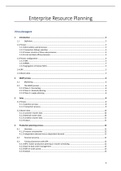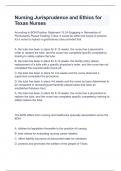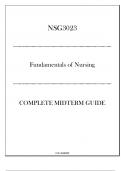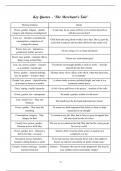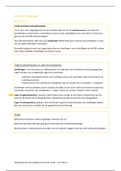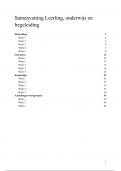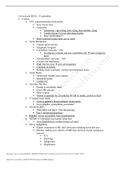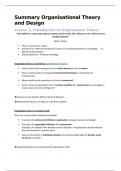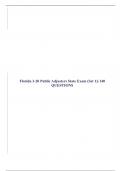Resume
Volledige samenvatting ERP KMO 3 - geslaagd in eerste zit! 16/20
- Cours
- ERP
- Établissement
- Arteveldehogeschool (Artevelde)
Volledige samenvatting van ERP in derde schijf KMO. Geslaagd in eerste zit 16/20. Alle notities, alle lessen en het boek worden behandelt. Alles wat je nodig hebt om te slagen.
[Montrer plus]
